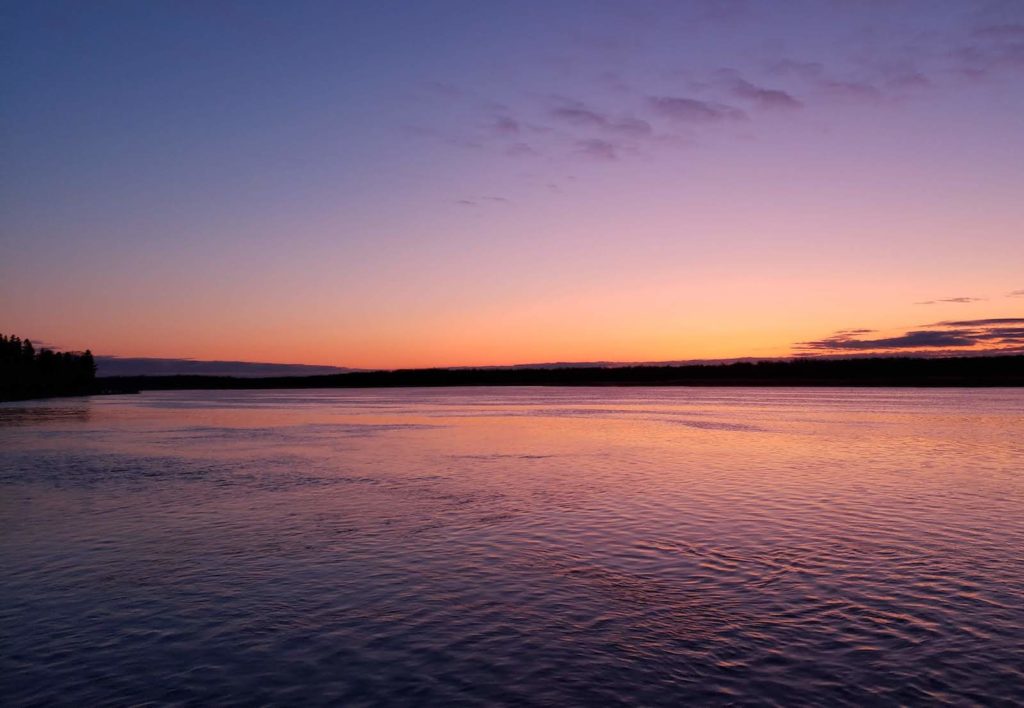[DISPLAY_ULTIMATE_SOCIAL_ICONS]

Rep. Betty McCollum of Minnesota announced over the weekend that government funding legislation signed by President Donald Trump on Friday will require study of mining in the Rainy River watershed. As chair of the Appropriations Subcommittee on Interior, Environment, and Related Agencies, the 10-term Democrat ensured funding was included for a State Department study of the issue.
The 1909 Boundary Waters Treaty signed by the United States and Canada requires that no pollution occurs in the waters flowing across the international boundary “to the injury of health or property on the other” on the other side.
The Rainy River watershed includes the Boundary Waters Canoe Area Wilderness, Quetico Provincial Park in Ontario, and shared waters on the U.S.-Canada border. The water ultimately flows to Rainy Lake, Lake of the Woods, and on toward Lake Winnipeg.
The proposed Twin Metals mine would be located in the watershed, with water from the site flowing to the South Kawishiwi River, through several lakes, into international border waters.
“While the White House took aggressive action to ensure similar language was stripped out of the Interior-Environment funding bill – which would have ensured science is used in determining the impact of mining on the Boundary Waters – the language that is included is an important step to keeping our shared international waters clean and safe,” McCollum said in a statement.
McCollum had tried to include funding to require the Forest Service to complete a study of mining in the Boundary Waters watershed that was begun in the final months of the Obama administration and cancelled by the Trump administration with little explanation. White House negotiators convinced Congress last week to cut that language from final legislation, so the new study by the State Department is the only funded federal study.

In a 2017 report by the Canadian Heritage Rivers program, which includes the border waters, Ontario Parks stated that the Twin Metals mine was cause for concern.
“The potential for the production of sulfuric acid and other contaminants from this mine’s waste rock and tainted water leakage into this watershed represents an existential threat to the integrity of the aquatic and terrestrial wildlife in the area of influence,” the report stated.
McCollum also sent letters on Saturday to both Secretary of State Mike Pompeo and Canadian Prime Minister Justin Trudeau about the study. Writing to Trudeau, she said she values the two countries’ relationship, and asked for cooperation.
“It is my strong hope that your government will exert its views on this matter to the State Department to ensure that our countries are working in collaboration to protect the shared Minnesota-Ontario waters from irreparable damage from copper-sulfide ore mining,” the letter reads.
The new study will look at the Boundary Waters-Quetico ecosystem, the hydrology of the Rainy River watershed, plans to monitor and mitigate risks from mining in Minnesota, and efforts to communicate with the the Canadian government about the potential for pollution. It also has a short timeline, requiring a report in 60 days, or by February 18.
More information:
McCollum Statement On Securing BWCAW Report Language In Final Spending Package

